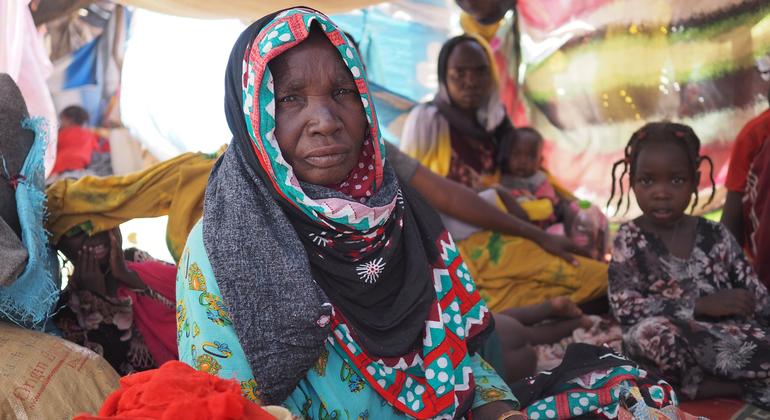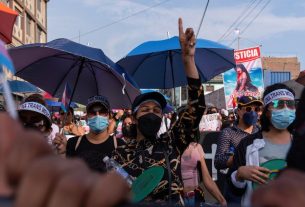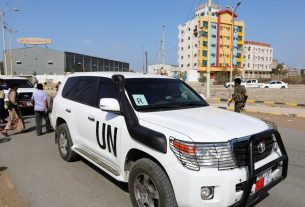Laura Lo Castro, UNHCR‘s representative in Chad, said that expected rains have started in Adre, leaving tens of thousands of Sudanese refugees without shelter suitable for protection. The rains also impede humanitarian access due to catastrophic flooding, she added.
“It’s paramount that we scale up the response now and immediately relocate as many refugees as possible to safer areas away from the border and assist those we will not be able to move,” she said.
UNHCR and partners are working on completing a settlement for refugees offering protection and assistance, however, they require an additional $17 million to move and accommodate 50,000 refugees there.
Traumatised and suffering
UNHCR has reported that ongoing conflict in Sudan has forced about 600,000 civilians to relocate to Chad since April 2023.
At first, the people settled in “overcrowded, spontaneous sites along the border, where they sleep in makeshift shelters”, according to the agency. The new arrivals, mostly women and children, arrive in poor health oftentimes with just the clothes they are wearing, traumatised and suffering from physical or gender-based violence.
UNHCR said these people need “essential protection services and lifesaving assistance, including mental health and psychosocial support, shelter, food, water, sanitation, and health services.”
Supporting Sudanese refugees
UNHCR and partners are working on constructing five new refugee settlements and extending 10 existing ones that are currently hosting over 336,000 Sudanese refugees.
The refugee agency is also coordinating emergency responses for forcibly displaced civilians in support to the government.
Additionally, the agency and partners, under the government’s leadership, have been working with scant resources to address the needs of the Sudanese people and prevent a bigger humanitarian crisis.
They said they have reallocated stocks and funds to “scale down interventions with the consequence of lowering standards across all settlements”.
Yet, they still need $630.2 million to respond to the needs of the Sudanese civilians who have crossed the border; only six per cent of this has been secured.
“Families who have crossed the border into Chad have lost everything,” Ms. Castro said.
“They rely on relief assistance to cover their most basic needs. We call on the generosity of our donors to urgently cover the most critical gaps to protect and save lives.”



